
Introduction to India e-Visa
Understanding the India e-Visa
The India e-Visa is an online travel authorization that allows various types of travelers to visit India for tourism, business, medical, or other purposes. This digital visa simplifies the process, eliminating the need to visit an Indian embassy or consulate. Applicants can complete the application form online, making it a convenient choice for many. However, like any visa application, it requires attention to detail and meeting specific criteria. The Indian government introduced this system to expedite the visa issuance process and enhance the travel experience.
Eligibility Criteria for India e-Visa
To be eligible for an India e-Visa, applicants must meet several criteria. You need a valid Ordinary passport with at least six months’ validity from the date of arrival in India. Diplomatic, official, and refugee travel documents are not accepted. Additionally, applicants must not have a criminal history, and they must provide accurate and complete information on the application form. A clear photograph and a scanned copy of the passport’s biographical page are also necessary. Lastly, a valid payment method and a functioning email address are required to receive the electronic visa.
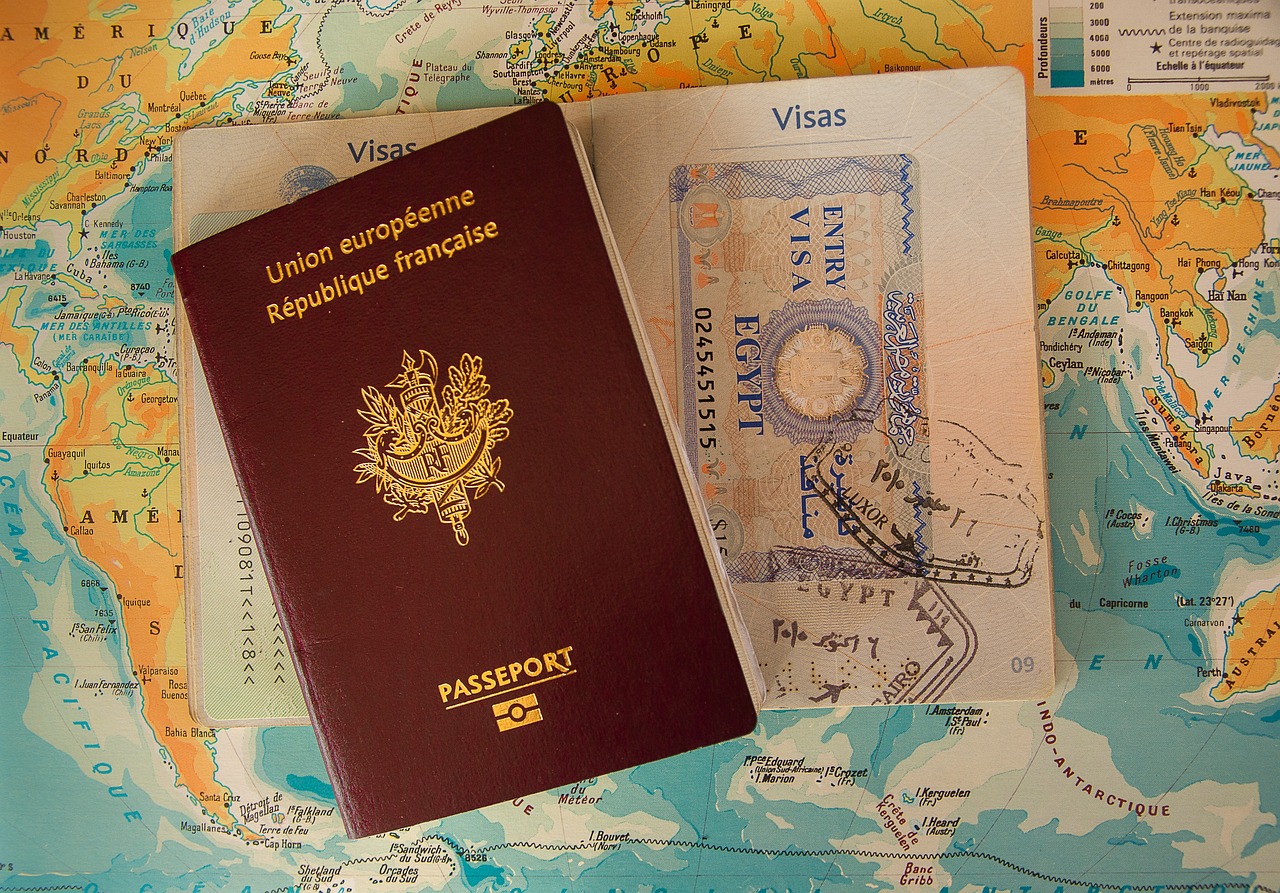
Common Reasons for India e-Visa Denial
Incomplete or Incorrect Information
One of the most common reasons for e-Visa denial is the submission of incomplete or incorrect information. Details on the application form must match the passport exactly. Even minor errors, such as spelling mistakes or incorrect dates, can lead to rejection. It’s crucial to double-check all information before submission to avoid unnecessary delays or denials.
Invalid Passport or Documents
Another frequent issue is the submission of invalid passports or documents. Passports must be clear, valid, and have at least six months’ validity from the date of arrival. Additionally, the photograph and scanned passport copy must be legible and meet the specified requirements. Failure to provide these can result in your application being denied.
Criminal History or Bad Character
Applicants with a criminal history or deemed to have a bad character may face visa denial. The Indian government conducts background checks, and any past criminal records can adversely affect the application. It is essential to be honest about your history, as any discrepancies can lead to further complications.
Linkages to Pakistan
Applicants with linkages to Pakistan may face additional scrutiny. This includes those who have Pakistani origins or have visited Pakistan recently. The Indian government has stringent measures in place for such applicants, and this connection can be a significant factor in visa denial.
Other Common Issues Leading to Denial
Other common issues include providing outdated or incorrect documents, failing to meet the health requirements, or inconsistencies in travel history. Ensuring all documents are up-to-date and accurate is vital. Additionally, providing a clear travel itinerary and purpose can help avoid misunderstandings and potential denials.

Steps to Take If Your India e-Visa Application Is Denied
Review the Denial Notice
The first step after a denial is to review the denial notice carefully. The notice will specify the reasons for the denial. Understanding these reasons is crucial for addressing the issues and preparing for reapplication. Carefully note down all the points mentioned to ensure you don’t miss any critical detail.
Contact the Indian Embassy or Consulate
If the reasons for denial are unclear, it is advisable to contact the Indian embassy or consulate. Their staff can provide detailed explanations and guidance on the next steps. Establishing direct communication can help clarify any doubts and assist in rectifying the issues.
Understand the Reasons for Denial
Once you have the reasons for denial, it is essential to understand them thoroughly. Identify whether the denial was due to incorrect information, missing documents, or other factors. This understanding will help you make the necessary corrections and avoid repeating the same mistakes.
Correct Errors and Reapply
After identifying the errors, the next step is to correct them. Ensure all information is accurate and all required documents are provided. Once corrections are made, you can reapply for the e-Visa. Double-checking the application before submission can prevent further issues.
Appeal the Decision (If Applicable)
In some cases, it may be possible to appeal the decision. Check with the Indian embassy or consulate if an appeal is an option. If so, follow the appeal process carefully, providing any additional information or documents required to support your case.
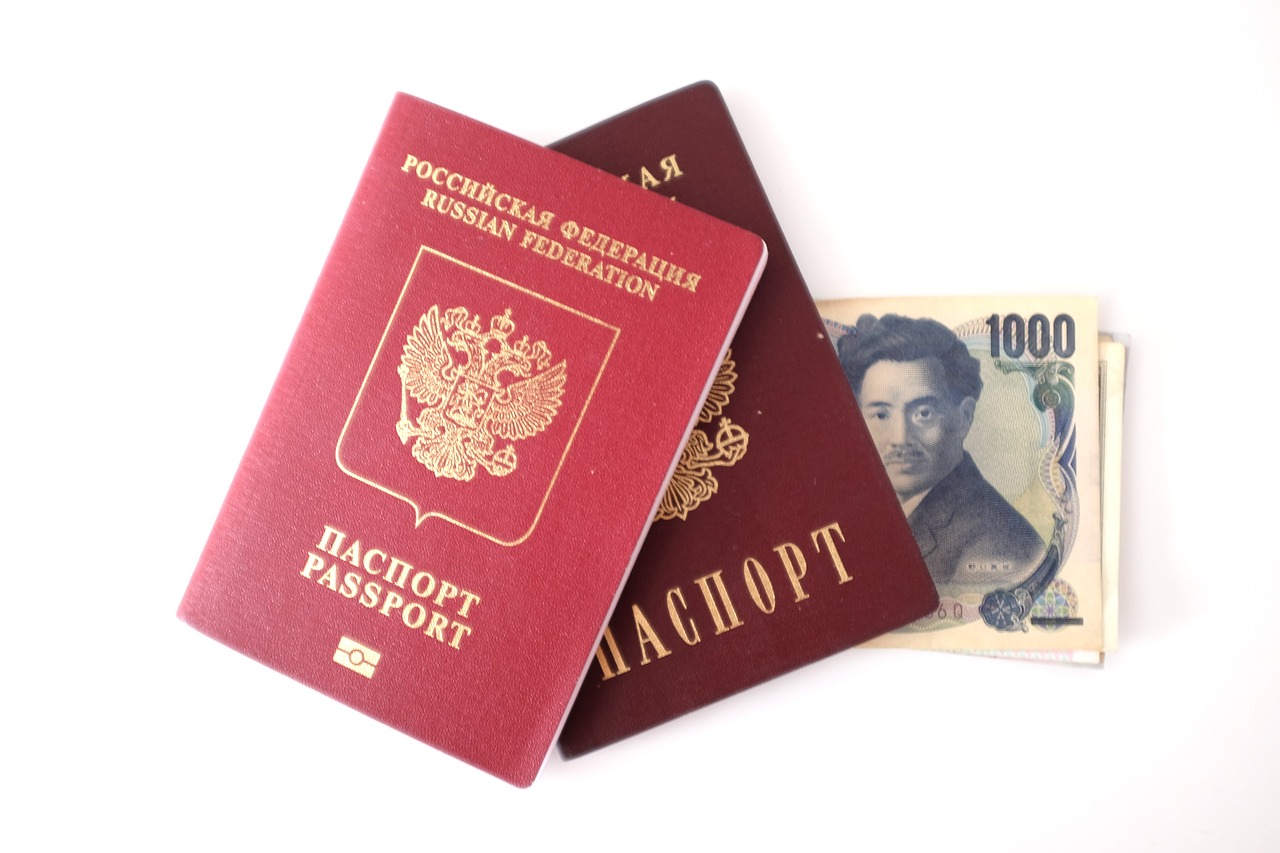
How to Correct and Reapply for an India e-Visa
Gather Required Documents
Before reapplying, gather all required documents. Ensure you have a valid passport, a clear photograph, and any additional documents specified in the denial notice. Having all documents ready will streamline the reapplication process.
Ensure All Information Is Accurate
Accuracy is paramount when reapplying. Double-check all personal information, passport details, and answers to application questions. Any discrepancies can lead to another denial, so it’s crucial to be meticulous.
Submit a New Application Online
With all documents and information in hand, submit a new application online. Use the official government website to ensure the application is processed correctly. Follow all instructions carefully and ensure all fields are completed accurately.
Monitoring the Application Status
After submission, monitor the status of your application. Use the tracking tools available on the official website to stay updated. Regular checks can help you respond promptly if additional information is required.
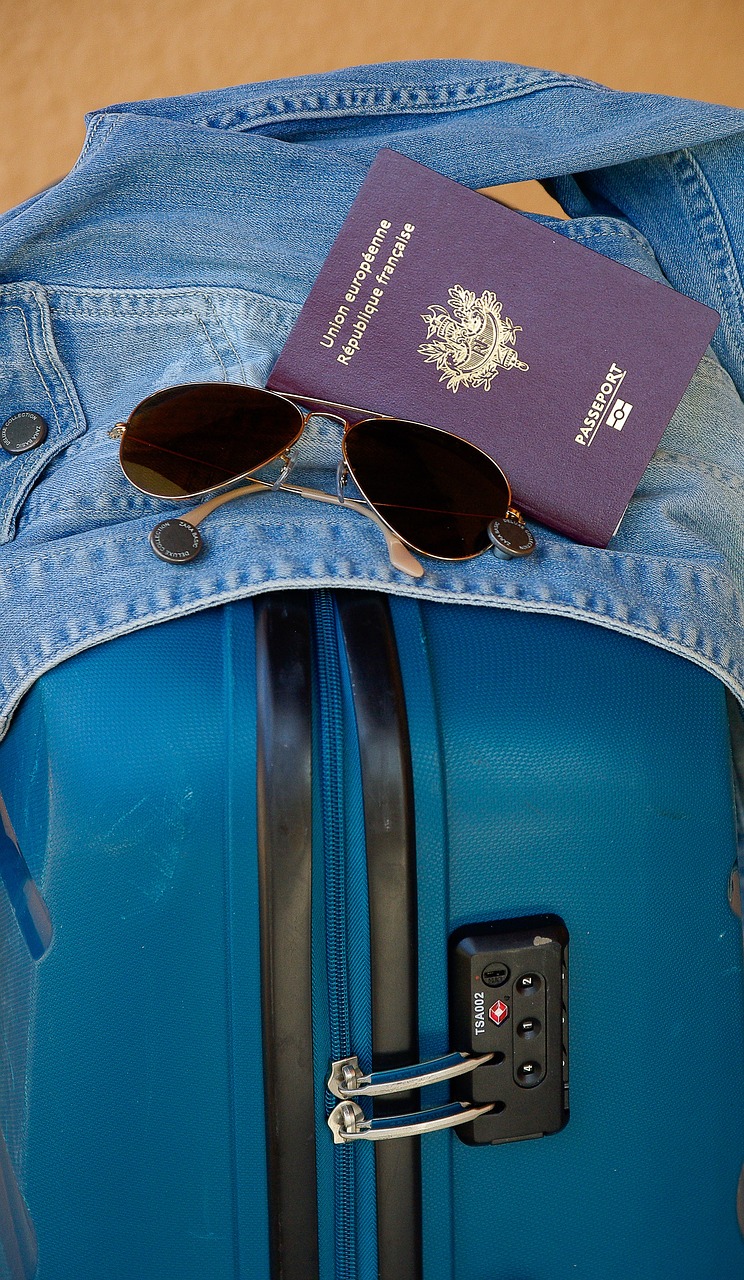
Tips to Avoid India e-Visa Denial
Double-Check Your Application
One of the best ways to avoid denial is to double-check your application. Review all information for accuracy before submitting. Even small errors can lead to rejection, so it’s worth spending extra time to ensure everything is correct.
Ensure Your Passport Is Valid
Make sure your passport is valid for at least six months from your planned arrival date in India. An invalid or expired passport will result in automatic denial. Check the expiration date and renew your passport if necessary before applying.
Provide Clear and Valid Photos
Photos are a critical part of the e-Visa application. Ensure your photo meets all the specified requirements. It should be clear, recent, and taken against a plain background. The same applies to the scanned copy of your passport.
Be Honest About Your Travel History
Honesty is crucial when detailing your travel history. Discrepancies or omissions can lead to denial. Provide accurate information about your previous travels, especially if you have visited countries with stringent entry requirements.
Use a Valid Payment Method
Ensure you use a valid payment method to pay the e-Visa fee. Payment issues can delay or even cancel your application. Verify that your credit or debit card is active and has sufficient funds to cover the fee.
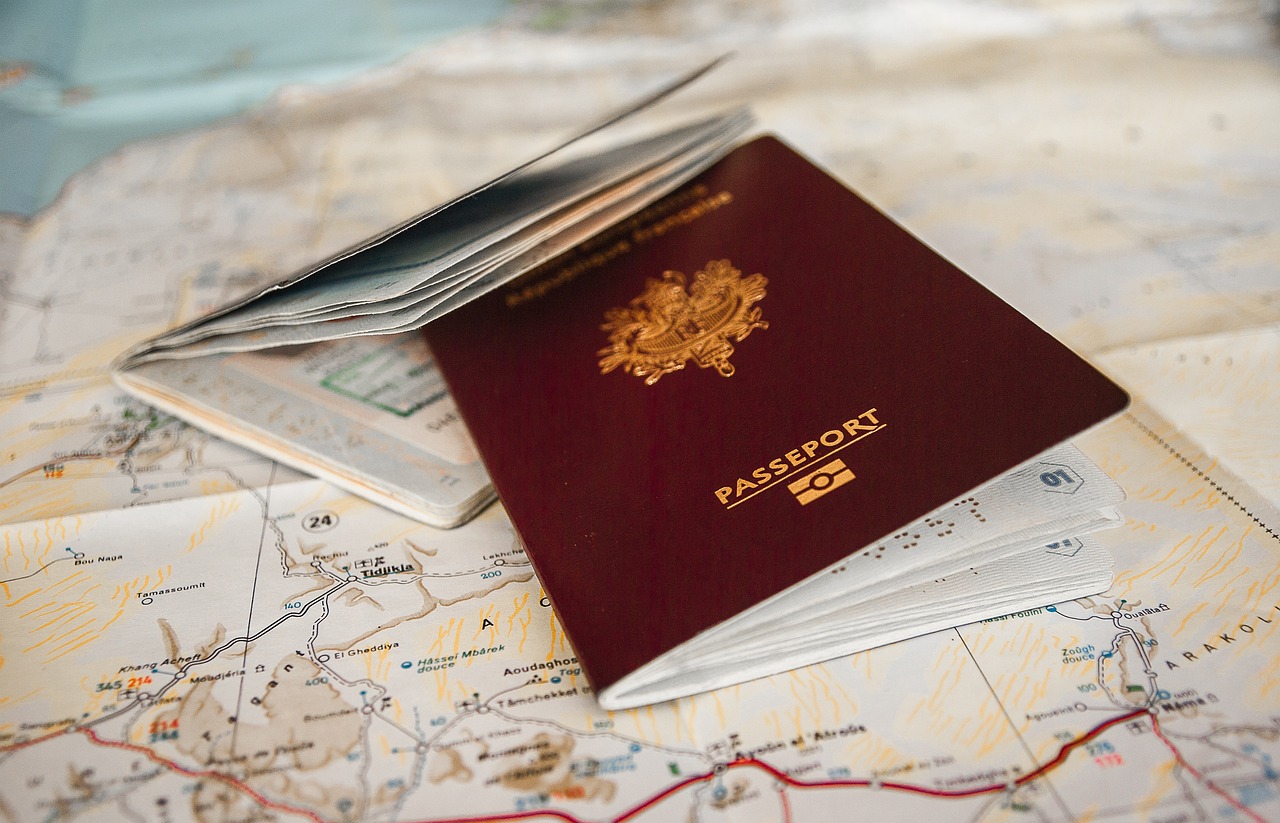
Special Considerations for Different Types of Travellers
Tourists
Tourists must ensure that their travel purpose is clearly stated and supported by their documents. Provide a detailed itinerary and proof of accommodation to strengthen your application. This can help avoid suspicions and increase approval chances.
Business Travellers
Business travelers should provide a clear explanation of their visit’s purpose. Include an invitation letter from the Indian company or organization you will be working with. This documentation can substantiate your application and ease the approval process.
Students
Students must include letters of admission from their educational institutions. Provide evidence of financial support to cover your stay in India. This helps demonstrate your genuine intent to study and your ability to support yourself.
Medical Visitors
Medical visitors need to provide a letter from the hospital or medical institution in India. This letter should detail the treatment plan and the expected duration of the stay. Comprehensive medical documentation can help smooth the visa process.

Contact Information for Assistance
Indian Embassy Contact Details
For assistance, contact the nearest Indian embassy. Embassy staff can provide guidance and answer any questions about your e-Visa application. Having the contact details handy can be valuable if issues arise.
Indian Consulate Contact Details
Similarly, the Indian consulate can offer support. Consulate staff are available to help with any queries or concerns. They can provide specific information regarding the application process or denial reasons.
Online Resources and Help
Numerous online resources are available to assist with the e-Visa application. Official websites and help desks offer FAQs and detailed guides. Utilizing these resources can help you navigate the application process smoothly.
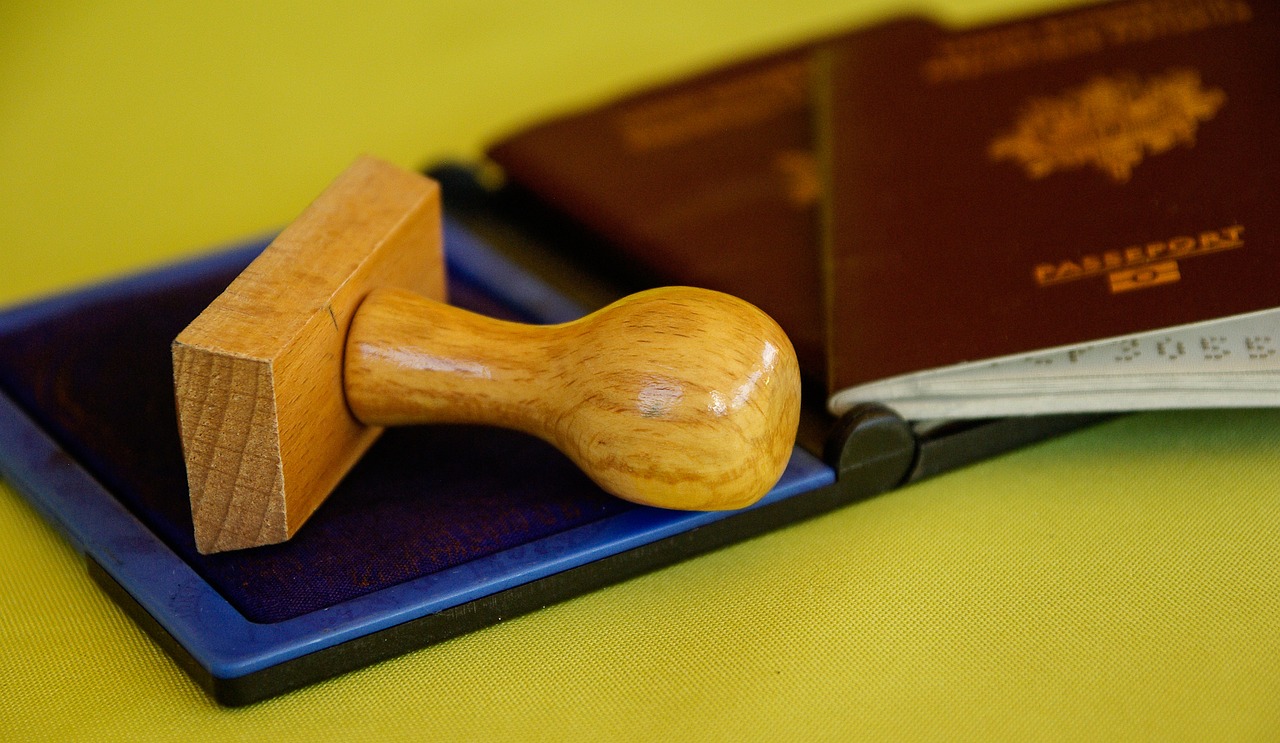
Conclusion
Final Advice and Next Steps
In conclusion, if your India e-Visa application is denied, don’t panic. Review the denial notice, understand the reasons, and make the necessary corrections. Reapply with accurate information and required documents. Following these steps can help ensure a successful application the next time.
Importance of Accurate Information
Accuracy is key in the e-Visa application process. Providing accurate and complete information increases your chances of approval. Double-check your application before submission and ensure all documents are up-to-date. This diligence can save time and prevent unnecessary denials.
Originally posted 2024-08-06 21:47:46.
